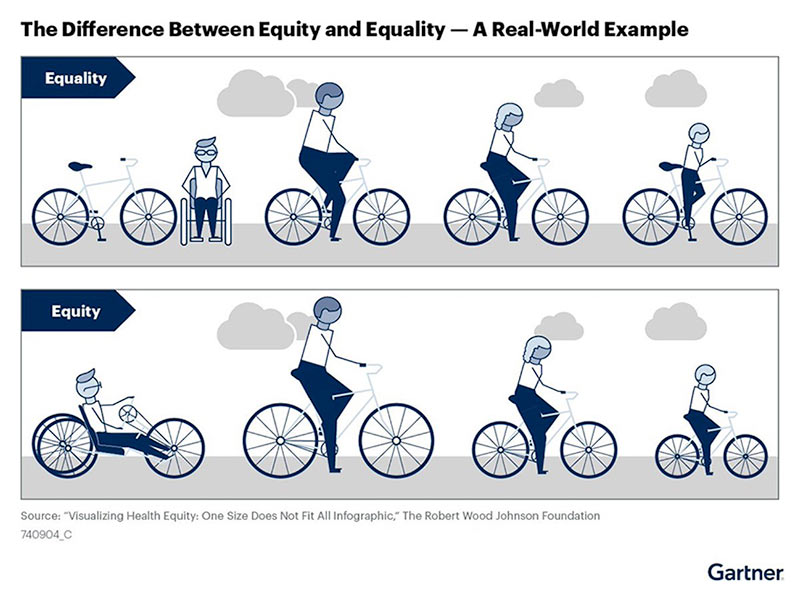Reflecting on my journey in a Zambian family is like flipping through an bale of salaula where you are likely to find some of the best designer clothes and also some of the most useless things ever sent to the Land of Work and Joy.
The most influential forces in my
life have undoubtedly been women. If we liken life to a football match (and as
an ardent Real Madrid fan, everything is football), women have played the role
of midfielders – masterfully controlling the game’s flow with their wisdom and
occasionally scoring those banger goals like Federico Valverde that change everything. My mother’s
endless sacrifices taught me resilience and from all these remarkable women around me, I learned that soft
power often strikes harder than any physical blow. However, when you become
stubborn, they will show how their power can be ruthless, raw and adulterated. For example, when Mrs Ahab (aka Jezebel) heard what (The Mighty) Elijah had done, she vowed to kill him within 24 hours. Elijah - the man who was able to rain down fire from heaven - was terrified of a woman and fled into the desert.
Back to football.
It’s strange that I cannot play
football that well despite being a fan of it, besides wrestling of course. My
passion for Real Madrid has been both exhilarating and exasperating. It has
driven my ambitions sky high and sparked an impatient hunger for success while
also making me somewhat impatient. After all, how can one not develop an urgent
attitude when your favorite club can dismiss coaches faster than the way Zambian politicians turn against their own campaign promises? This impatience has seeped into my daily
interactions. Who has time to wait when every moment
feels like an intense rivalry against Barcelona? I joke, I joke. I am seriously
working on this.
My growing up was truly an experience shaped by community living. The adage “it takes a village to raise a child” isn’t just rhetoric here but a reality. Neighbors acted as surrogate parents who would beat you up for what they perceive as a misbehavior. In those days, even though parents were a child's primary caregivers, a family did not exist in a vacuum. Social connectedness was defined as those subjective psychological bonds that people experienced in relation to others. I grew up in a community where even shopkeepers seemed to know your personal affairs better than you did yourself. This communal upbringing instilled in me an unwavering belief in humanity’s inherent goodness. Time after time, I’ve witnessed acts of kindness that left me humbled and convinced that people are fundamentally good at heart. Circumstances - I believe - turn people into monsters. However, my faith in humanity remains steadfast, much like my belief that Real Madrid will clinch yet another Champions League title.
However, the saying “it takes a village to raise a child” now often carries an ironic tone because. While family and friends might visit new parents with gifts to see the baby, there's less expectation that they will contribute to the child's discipline or upbringing. We've become increasingly individualistic. In response to this growing isolation, we've seen a rise in delinquency among the young and restless, as nature abhors a vacuum. Society stands on the precipice. As Chinua Achebe is quoted, first you must chase away the fox before you warn the hen against wandering into the bush. Before pointing fingers at poor parenting, we must take whatever steps necessary to save a children's life.
In reversing the roles, I would say that "it takes a child to raise a village." Bembas have a specific proverb on this, 'imiti ikula, empanga." Children are not only the catalyst for communal change and unity, but also inspire a village to improve, learn, and adapt. Their presence mobilizes adults to better themselves and the village's environment. This also reflect a commentary on the roles children play by reversing traditional dynamics where they lead adults to grow or where their needs shape community actions. Everyone is so fixated about leaving a better planet for their kids. Very noble. However, we must also have a similar fixation with leaving better kids for our planet. Any society that starts to take the wellbeing of children seriously, it will have to change so much that the wellbeing of everyone will be accommodated. It's a no brainer.
As I conclude, my journey through life has been shaped by the vibrant tapestry of Zambian community life and the relentless passion for football. Despite the challenges posed by an increasingly individualistic society, the foundation laid by the collective wisdom and village continues to guide me. I pray to the Good Lord to help me contribute to a world where the village still helps raise the child. Ultimately, (and despite these quirks) my life (I think) has been enriched by countless lessons learned from relationships forged along this journey filled with an acquired passion for football and deep-rooted connections within the community fabric. If there’s one thing I've gleaned from all this, it’s that life is unpredictable like a Lusaka bus conductor.









